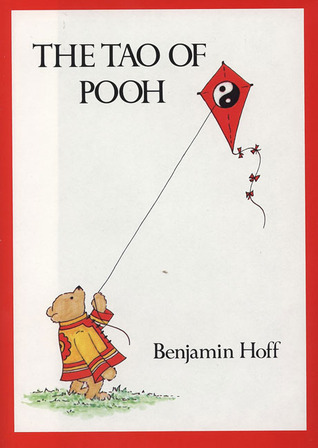Chapter 13: Bear
byBear plays a central role in the chapter, where the discussion turns toward Beethoven’s “Ode to Joy.” The piece, well-known for its grand theme of unity, becomes the backdrop for a playful exchange between Pooh and the narrator. Pooh, in his usual charmingly simple way, expresses his love for the song and humorously claims that the line “Sing Ho! for the life of a Bear!” should be included. He suggests that perhaps Beethoven simply hadn’t thought to mention bears in the lyrics, a moment that highlights Pooh’s innocent nature and brings lightness to the discussion.
As the conversation deepens, it shifts towards more serious themes of self-worth and the inherent uniqueness of every individual. Piglet, who often struggles with feelings of inadequacy and fear, expresses his concerns about being small and not contributing meaningfully to their upcoming adventure. Rabbit, ever the voice of reassurance, comforts Piglet by reminding him that his small size actually makes him perfectly suited for the task ahead. Pooh, initially feeling left out of the group’s discussions, is reassured when Rabbit emphasizes that the adventure would be “impossible” without him. This assertion boosts Pooh’s self-esteem, emphasizing the idea that everyone, regardless of size or perceived importance, has a unique role to play in any situation. The chapter, through its characters, communicates the value of embracing one’s own abilities, reinforcing that each person has something significant to contribute.
A Chinese parable about a stonecutter is woven into the narrative, illustrating a powerful lesson about self-realization. The stonecutter, dissatisfied with his life, wishes to be something greater—first a wealthy merchant, then an official, and even the sun, a storm cloud, and finally a stone itself. With each transformation, he encounters challenges that lead to the ironic realization that he has always been the stonecutter, whose persistence can shape even the hardest stone. This tale teaches the value of understanding one’s own abilities and appreciating the power within, instead of seeking fulfillment through external changes or comparisons. The stonecutter’s journey shows that the key to true fulfillment lies in recognizing and refining our own potential, rather than constantly searching for something or someone else to emulate.
Pooh, in a lighthearted moment, receives a letter about a shoe sale, prompting him to reflect on how many people seek happiness through material possessions. The chapter subtly critiques the tendency to believe that acquiring things will bring lasting joy, suggesting instead that happiness is found in recognizing one’s intrinsic worth. Through Pooh’s simplicity, readers are reminded that real contentment comes not from what we have, but from accepting who we are. The lesson is clear: happiness is not tied to external achievements or possessions but is rooted in personal fulfillment and the appreciation of one’s true self. This message resonates throughout the chapter, urging readers to find value not in material wealth but in the unique qualities and capabilities that make them who they are.
The overarching theme of the chapter emphasizes the importance of self-belief and taking meaningful action based on one’s unique strengths. Through the characters’ interactions, readers are encouraged to recognize and embrace their own abilities, however small they may seem. The chapter highlights the idea that everyone has something to offer, no matter their size or perceived limitations, and that these qualities can contribute significantly to the success of a group or community. Pooh’s journey of self-discovery, bolstered by the support of his friends, underscores the idea that self-worth is not dependent on grand acts but on the quiet, consistent contributions we make to the world. The chapter concludes with a celebration of friendship, heroism, and mutual support, showing that these values, when embraced, lead to both personal growth and collective success. This uplifting message encourages readers to find meaning and strength within themselves, understanding that their uniqueness is their greatest asset in life.

